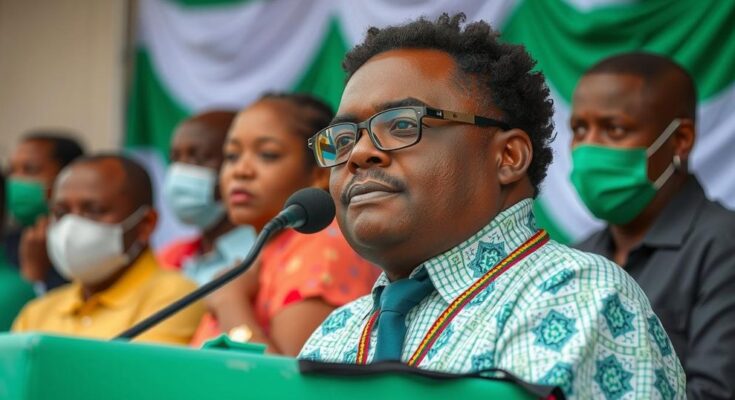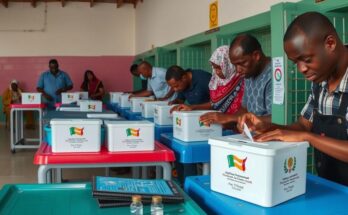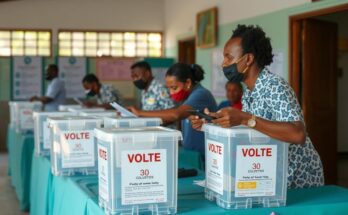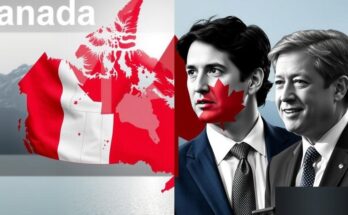Comoros held a parliamentary election amid a boycott by opposition parties, citing authoritarianism and concerns over electoral fairness. Skepticism regarding voter turnout persisted due to disaffection with the democratic process. The election features a backdrop of previous electoral controversies and the regime of President Azali Assoumani, raising questions about the future of democracy in the nation.
Comoros recently conducted a parliamentary election that was largely boycotted by several opposition leaders who questioned the government’s commitment to democratic principles. Resident Azali Assoumani’s ruling party faced accusations of authoritarianism, undermining the electoral integrity. The election, which aimed to fill 33 legislative seats, was marked by expectations of low voter turnout resulting from widespread disillusionment with the electoral process. Approximately 330,000 voters from a total population of 850,000 were registered to participate in this key political event. A significant concern remains regarding the history of previous elections, which the opposition has denounced as fraudulent, leading to allegations of state repression and political unrest.
The Comoros, an Indian Ocean archipelago, has a turbulent political history characterized by numerous military coups following its independence from France in 1975. The current president, Azali Assoumani, first ascended to power through a coup in 1999 and has since returned to the presidency in various capacities. The political landscape has been shaped by allegations of electoral fraud, culminating in a controversial constitutional amendment in 2018 that allowed the president to bypass term limits. This backdrop of instability and discontent among opposition parties underlines the significance of the recent election.
In summary, the parliamentary elections in Comoros reflect ongoing political challenges, including allegations of authoritarian governance and electoral fraud, leading to widespread opposition boycotts. The electoral process is marred by skepticism, illustrated by anticipated low voter turnout and previous allegations of manipulated elections, ultimately casting doubt on the government’s legitimacy.
Original Source: abcnews.go.com




